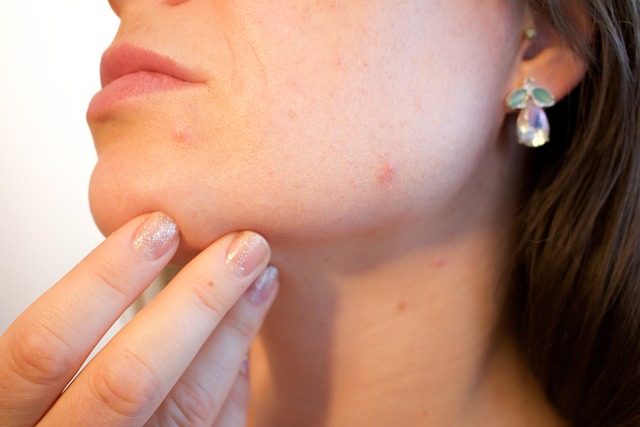Adult skin conditions can be a significant source of frustration. While acne is often linked to adolescence, it is increasingly common in adults, alongside other conditions like rosacea, eczema, and psoriasis. Understanding these issues and exploring effective treatments is essential for maintaining healthy skin throughout adulthood.
Acne in Adulthood

Adult acne affects about 40% of adults at some point in their lives. Unlike teenage acne, which is typically due to hormonal changes during puberty, adult acne can be influenced by stress, diet, and hormonal fluctuations related to menstruation or conditions like polycystic ovary syndrome (PCOS).
Treatments:
- Topical Treatments: Over-the-counter products with benzoyl peroxide or salicylic acid can help reduce acne. Prescription options like topical retinoids and antibiotics may be needed for more severe cases.
- Oral Medications: Oral antibiotics or hormonal treatments, such as birth control pills, can be effective. For persistent cases, oral retinoids like Accutane might be considered, although they come with potential side effects.
- Lifestyle Adjustments: Stress management, a balanced diet, and avoiding excessive sugar and dairy can help manage acne. Regular cleansing with a gentle product and avoiding over-exfoliation are also beneficial.
- Professional Treatments: For stubborn acne, dermatologists may recommend chemical peels, laser therapy, or light treatments to reduce inflammation and improve skin texture.
Rosacea: Redness and Sensitivity
Rosacea is a chronic skin condition characterized by facial redness, visible blood vessels, and sometimes pustules. It often affects adults in their 30s and beyond, with its exact cause being unclear but believed to involve genetic and environmental factors.
Treatments:
- Topical Medications: Prescription creams and gels containing metronidazole or azelaic acid can reduce inflammation and redness.
- Oral Medications: For more severe cases, oral antibiotics or medications like isotretinoin may be prescribed.
- Lifestyle and Dietary Changes: Identifying and avoiding triggers such as spicy foods, alcohol, and extreme temperatures can help manage flare-ups. Gentle skincare routines and avoiding harsh products are crucial.
- Professional Procedures: Laser therapy can reduce redness and visible blood vessels, offering significant relief for many individuals.
Eczema: Itchy and Inflammatory
Eczema, or atopic dermatitis, is characterized by dry, itchy, and inflamed skin. It can occur anywhere on the body and is often linked to a family history of allergies or asthma.
Treatments:
- Moisturizers: Regular use of emollients and thick creams helps maintain skin hydration and barrier function, which is critical for managing eczema.
- Topical Steroids: These can reduce inflammation and are often prescribed to control flare-ups. Non-steroidal options are available for sensitive areas.
- Lifestyle Adjustments: Identifying allergens or irritants, such as certain soaps or fabrics, and avoiding them can prevent flare-ups. A consistent skincare routine with gentle, fragrance-free products is beneficial.
- Professional Care: For severe cases, dermatologists might recommend phototherapy or systemic treatments, including immunosuppressants.
Psoriasis: Chronic and Scaly
Psoriasis is a chronic autoimmune condition that leads to the rapid buildup of skin cells, forming scales and red patches. It often affects the scalp, elbows, and knees but can appear anywhere on the body.
Treatments:
- Topical Treatments: Medications like corticosteroids and vitamin D analogs help reduce inflammation and slow cell turnover.
- Phototherapy: Exposure to ultraviolet light under medical supervision can slow the growth of affected skin cells.
- Systemic Medications: Oral or injected drugs that affect the immune system, such as biologics, can be effective for moderate to severe psoriasis.
- Lifestyle Changes: Maintaining a healthy diet, managing stress, and avoiding triggers like smoking or excessive alcohol can help manage the condition.
Seeking Professional Help
Navigating these skin conditions often requires expert advice. Businesses like SkinGym offer specialized treatments and products designed to address various skin concerns. Their personalized approach can be particularly beneficial for those dealing with persistent skin issues.
In conclusion, while adult skin conditions can be challenging, a range of treatments and lifestyle changes can significantly improve skin health. By understanding your skin’s specific needs and seeking professional guidance, you can effectively manage these conditions and maintain a clear, healthy complexion.
